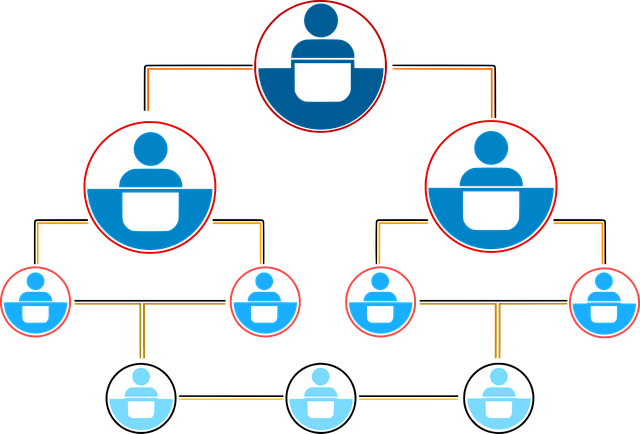The Nationwide Legal Performance Upgrades initiative standardizes and enhances legal services across all 50 states through advanced legal intake systems, approved by each state. These systems streamline case management, improve access to justice, reduce backlogs, and provide a user-friendly experience for clients. By ensuring consistent handling of legal matters, these unified systems enable professionals to deliver high-quality services while promoting equal opportunities for all citizens to navigate the justice system effectively. The adoption of standardized 50-state legal intake systems has transformed legal services delivery, improving efficiency and client engagement through better data collection, resource allocation, and communication among stakeholders. Future developments in legal intake technologies like AI and NLP aim to further enhance accessibility and personalization.
“Across the nation, a transformative movement is gaining momentum with the approval of 50-state legal intake systems. This comprehensive initiative aims to streamline legal processes and enhance accessibility to justice. The article explores the profound impact of these standardized systems on delivering efficient legal services. From understanding the multi-state collaboration to its benefits and future prospects, we delve into how this innovation ensures a more robust and responsive justice system.”
- Understanding the Nationwide Legal Performance Upgrades: A 50-State Initiative
- The Impact of Standardized Intake Systems on Legal Services
- Ensuring Efficient and Accessible Justice: Benefits and Future Directions
Understanding the Nationwide Legal Performance Upgrades: A 50-State Initiative

The Nationwide Legal Performance Upgrades is a comprehensive initiative aiming to enhance and standardize legal services across all 50 states. This collaborative effort involves the implementation of advanced legal intake systems, designed to streamline the initial stages of legal processes. By approving these systems, each state contributes to a unified approach, ensuring consistent and efficient handling of legal matters. The primary goal is to improve access to justice by simplifying the process for individuals seeking legal aid.
This 50-state initiative recognizes the importance of modernizing legal practices. The approved intake systems will facilitate better case management, reduce backlogs, and provide a more user-friendly experience for clients. With standardized procedures in place, legal professionals can focus on delivering high-quality services while ensuring every citizen has equal opportunities to navigate the justice system effectively.
The Impact of Standardized Intake Systems on Legal Services

The implementation of standardized 50-state legal intake systems has significantly revolutionized the way legal services are delivered across the nation. By streamlining the initial process of case intake, these systems enhance efficiency and ensure a more structured approach to client engagement. With consistent data collection and case management, law firms, and legal aid organizations can better understand client needs, prioritize cases, and allocate resources effectively. This standardized approach has led to improved access to justice, enabling professionals to navigate the complexities of diverse legal landscapes.
Moreover, these systems promote consistency in documenting client information, reducing errors, and enhancing communication between various legal stakeholders. As a result, clients benefit from more accurate assessments, faster response times, and a smoother overall experience. The 50-state adoption signifies a unified effort to modernize legal practices, making them more adaptable, efficient, and responsive to the evolving needs of individuals seeking legal counsel.
Ensuring Efficient and Accessible Justice: Benefits and Future Directions

Ensuring Efficient and Accessible Justice: Benefits and Future Directions
The implementation of standardized 50-state legal intake systems has revolutionized access to justice across the nation. By streamlining the initial stages of legal processes, these systems have significantly reduced barriers for individuals seeking legal aid. This advancement allows citizens to navigate complex legal systems more effectively, ensuring their rights are protected from the outset. Moreover, it enhances overall efficiency by providing a uniform framework for case intake and management.
Looking ahead, continuous improvement in legal intake technologies will be key. Integrating artificial intelligence and natural language processing can further refine the system, enabling faster case classification and personalized guidance. Additionally, expanding access to online resources and self-help tools empowers individuals to take proactive measures in managing their legal affairs, fostering a more informed and engaged citizenry.
The nationwide push for standardized 50-state legal intake systems has been a game-changer in ensuring efficient and accessible justice. By implementing these approved systems, legal services have seen significant improvements in handling client cases, leading to faster resolution times and better outcomes. As we look towards the future, continuing this initiative will be vital to enhancing the overall legal landscape and providing quality service to all citizens.














